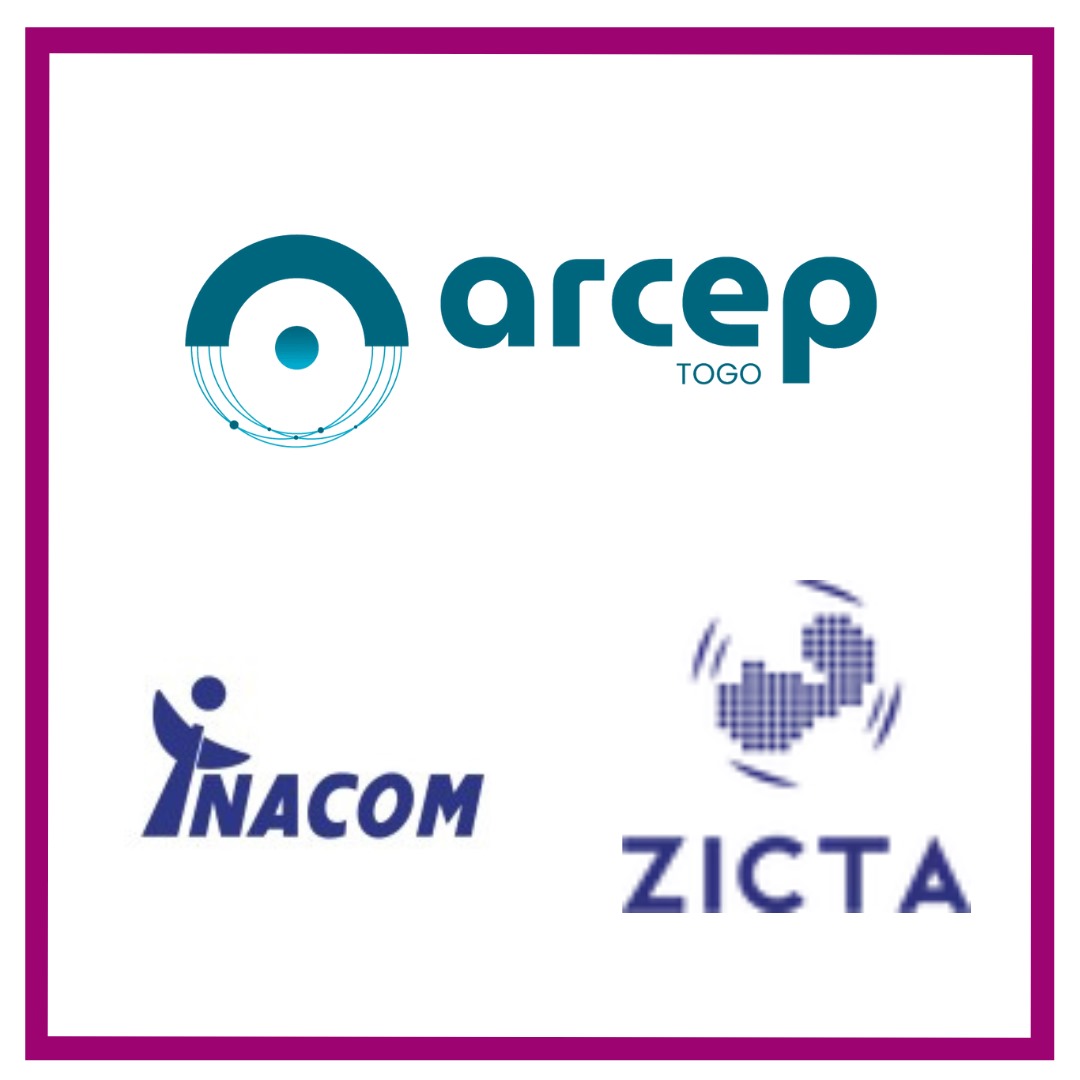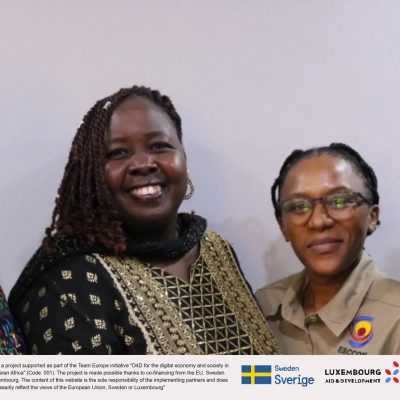National Regulatory Authorities (NRAs) in Africa
Leaders to be trained
Regional Regulatory Organizations (RROs) in Africa
The iPRIS Cycle
Each iPRIS round starts with a 2.5-week training program in Europe for NRA representatives. The training covers the Joint European Offer, gender equality and inclusion, project management, and site visits to relevant organisations.
A regional support team, with representatives from African RROs, collaborates with participants to support the implementation of their strategic change initiatives, thus promoting regional harmonisation.
A week-long meeting is held in Africa four months after the European training to review progress, present results, and encourage discussions.
One year after the start of a round, the implementation of the change initiatives of the participating NRAs is assessed, fostering continuous improvement.
Our News and Insights
iPRIS Podcast
Stakeholders

Regional Regulatory Organizations

National Regulatory Authorities

Implementing partners
Frequently asked questions
Everything you need to know right here at
your fingertips. Ask questions and browse
around for answers
“Change Initiatives” are strategic projects undertaken to bridge the digital divide by addressing challenges and opportunities within the ICT sector. They are the cornerstone of iPRIS and are specifically designed to align with regulatory bodies' strategic agendas. The change initiatives focus on policy development and implementation linked to key issues within the ICT sector, such as infrastructure gaps, regulatory inefficiencies, or digital inclusion barriers.
To participate in iPRIS, a country must be part of a Regional Regulatory Organisation (RRO), notably CRASA, WATRA, ARTAC, and EACO. RROs are the regional governing bodies responsible for developing and enforcing ICT regulations, policies, and standards to promote fair competition, ensure consumer protection, and foster development and innovation within their respective sectors.
NRA representatives participating in iPRIS training can expect to gain comprehensive skills and knowledge crucial for effective ICT regulation and development. This includes policy development and implementation expertise, strategies for promoting digital inclusion and equitable internet access, consumer rights protection, and personal data safeguarding. The training also covers addressing infrastructure gaps, improving regulatory efficiency, and managing strategic "Change Initiatives." Additionally, participants will learn about regional harmonisation of regulations and how to leverage ICT for overall development in Sub-Saharan Africa. Through peer-to-peer learning and collaboration, NRA representatives will be empowered to shape and implement robust regulatory frameworks to drive social and economic prosperity in their respective countries.
iPRIS measures the success of its initiatives in participating countries through a comprehensive, multi-stage process. Initially, a regional support team, including representatives from African Regional Regulatory Organizations (RROs), collaborates with participants to implement their strategic change initiatives, promoting regional harmonisation. Four months after the initial European training, a week-long follow-up meeting is held in Africa to review progress, present results, and facilitate discussions among participants. The culmination of this assessment process occurs one year after the start of each round when the implementation of change initiatives by participating National Regulatory Authorities (NRAs) is thoroughly evaluated. This year-long cycle allows iPRIS to track the practical application of skills and knowledge gained during training, assess the impact of change initiatives on addressing specific ICT sector challenges, and measure progress towards goals such as improved digital inclusion, regulatory efficiency, and infrastructure development.
iPRIS addresses different African countries' unique ICT regulation and infrastructure challenges through a multi-faceted approach. It employs tailored "Change Initiatives" aligned with each country's specific needs, facilitates peer-to-peer knowledge exchange among African nations, and provides regional support through a team that includes African Regional Regulatory Organization representatives. The program's structure, which includes customised follow-up meetings and comprehensive yearly assessments, allows for targeted support and continuous adaptation to country-specific challenges. By combining diverse expertise from partners like SPIDER, PTS, and ILR with a focus on regional collaboration, iPRIS offers flexible, context-specific solutions while promoting beneficial harmonisation across the continent. This approach ensures that each participating country receives support relevant to its unique ICT landscape and development goals.



